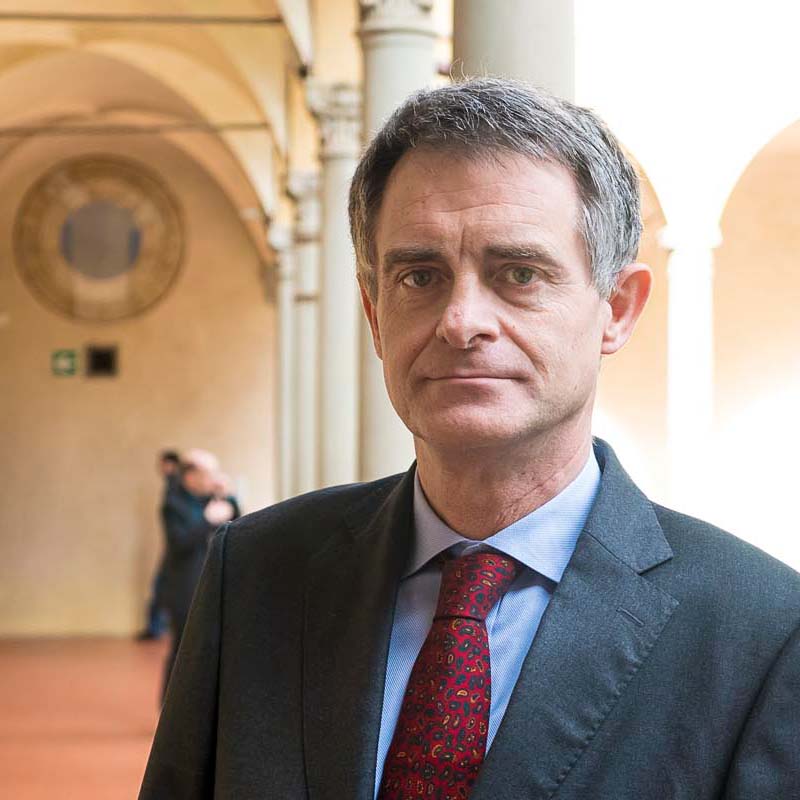This Policy Workshop addressed one of the most debated questions: the evolution of the role of DSOs versus the –say – traditional role of TSOs. In fact, with the increasing amount of energy coming from renewable energy sources, and therefore produced and injected at a local level, the distribution segment acquired greater and greater importance. So the question is: should DSOs now acquire new responsibilities in managing the network – for example on grid security, ancillary services, data transmission? And are they ready to take such responsibilities?
A sort of broad agreement by discussants was reached during the workshop concerning the division of tasks between TSOs and DSOs – where TSOs should keep management of system reserves and balancing while DSOs should rather be dealing with congestion management and voltage regulation. As Leonardo Meeus pointed out “The devil is in the details. Because what we discussed is that renewables are connected to distribution grids, and everybody agreed that there should be a role for aggregators and market parties to bring those resources to the TSO level.”
While DSOs are certainly in the best position to collect information on local generation and guarantee data protection, should they also be in charge of data management? Clearly, TSOs, DSOs and utilities disagree on the answer.
“One size fits all” seems impossible at this stage and it makes no sense to talk about a European or even regionally harmonised solution, due to the complexity and heterogeneity of the national markets when it comes to the number of TSOs, number of DSOs and currently applied national regulation.
Several pilot projects and possible models of interaction/cooperation are being studied so it’s likely that few interesting options or even answers may come from research and investments in technology in the near future.
Should regulation wait for them or trigger the change?






